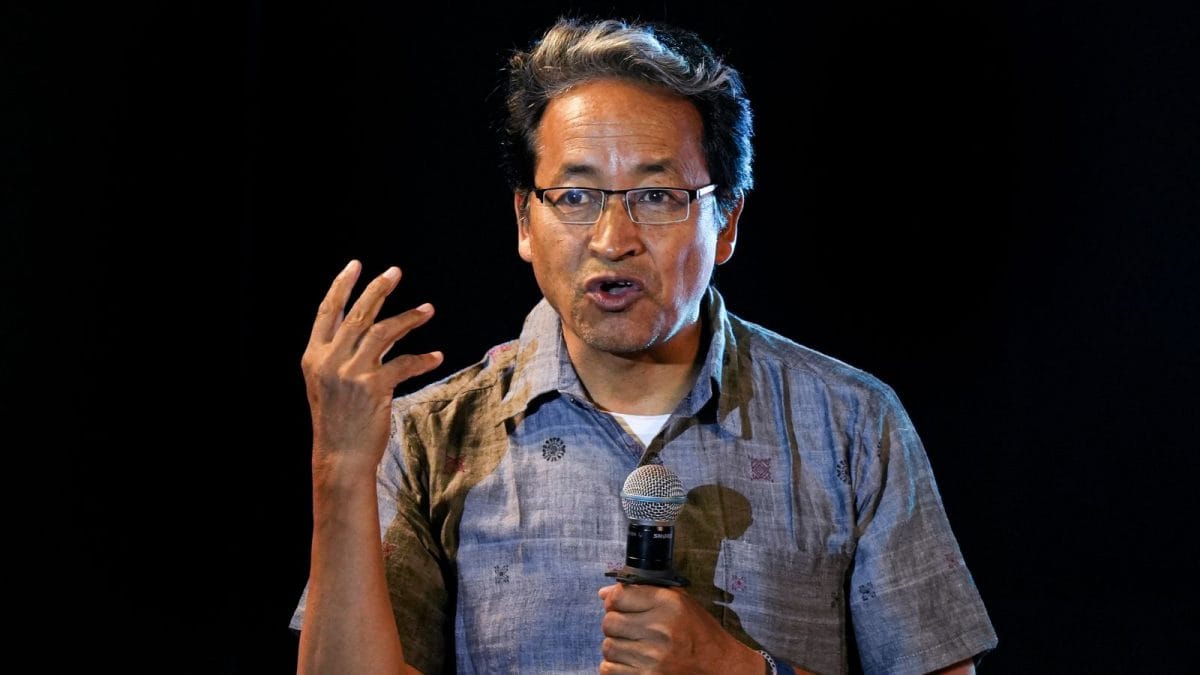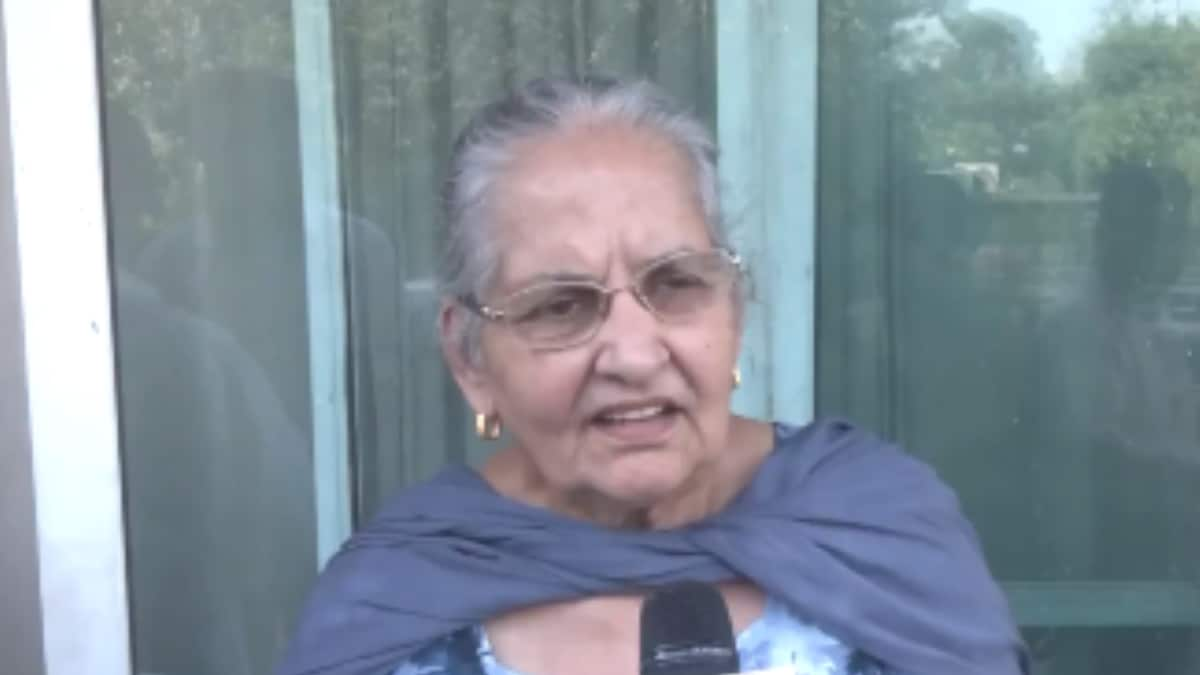Last Updated:
The government seeks to break local logistical and emotional support systems, reduce the pressure on local law enforcement, and maintain tighter central oversight

Activist Sonam Wangchuk. (File pic/PTI)
The transfer of Ladakhi activist Sonam Wangchuk from a local jail to Jodhpur Central Jail is part of a deliberate security strategy by the government to prevent mass mobilisation and political unrest in sensitive border regions like Ladakh and Jammu and Kashmir, CNN-News18 has learnt.
Sources say the move is guided by a preventive doctrine: isolation, disruption of support networks, and centralised security control. Wangchuk, who has become a leading voice in Ladakh’s demands for Sixth Schedule status and environmental protections, has mobilised large crowds in the region in recent months. His arrest and subsequent transfer out of the region is seen as a pre-emptive measure to avoid public protests, shutdowns, or stone-pelting that have historically followed high-profile detentions in the region.
Recommended Stories
Authorities point to similar precedents in J&K and Punjab, where local jailing of political or radical figures has led to jailhouse influence, further radicalisation, and public mobilisation. By shifting such individuals to prisons in Rajasthan, Madhya Pradesh, or Delhi, the government seeks to break local logistical and emotional support systems, reduce the pressure on local law enforcement, and maintain tighter central oversight.
While Wangchuk is neither charged under UAPA nor known for militant activity, officials argue that his influence and following in Ladakh, combined with the region’s ongoing political agitation, make his detention locally a potential flashpoint, sources said.
The policy of isolation is not new. After the abrogation of Article 370 in 2019, separatist leaders like Masarat Alam were moved to Tihar Jail, and over 250 detainees from J&K have since been relocated under NSA and UAPA provisions. Similarly, pro-Khalistan operatives were shifted from Punjab to Haryana and Rajasthan jails in 2021 and 2023 to prevent unrest.
By invoking the National Security Act (NSA), the government has the legal authority to detain individuals in any state, thereby enhancing control and limiting potential fallout in politically charged home regions.
According to the government, Wangchuk is seen as the prime instigator of the violence in Leh, which has been a peace zone for decades. His financial dealings and questionable remittances into his NGO are under the scanner too, prompting the FCRA clearance for his NGO to be cancelled.
CNN-News18 had reported that the Centre felt Wangchuk’s presence in Leh has the potential of inflaming tensions again as the UT is a sensitive zone on the China border and the Centre wants to take no chances here.
The Union government is of the view that taking Wangchuk out of Leh will give the region time to heal and prepare a constructive atmosphere of talks with the genuine stakeholders of the region.
About the Author

Group Editor, Investigations & Security Affairs, Network18
Group Editor, Investigations & Security Affairs, Network18
Jodhpur, India, India
September 27, 2025, 16:04 IST
Loading comments…
Read More


)
